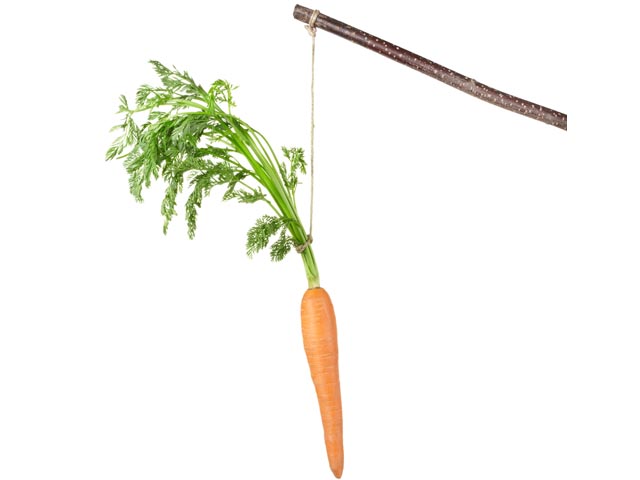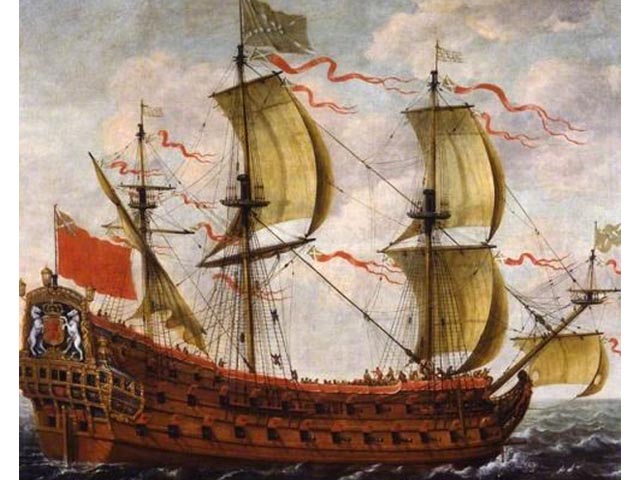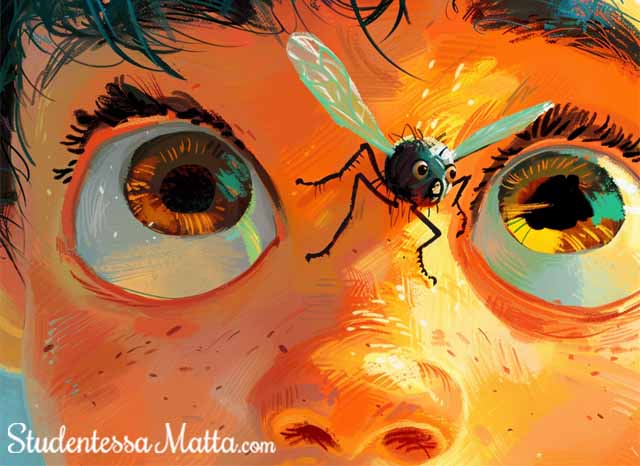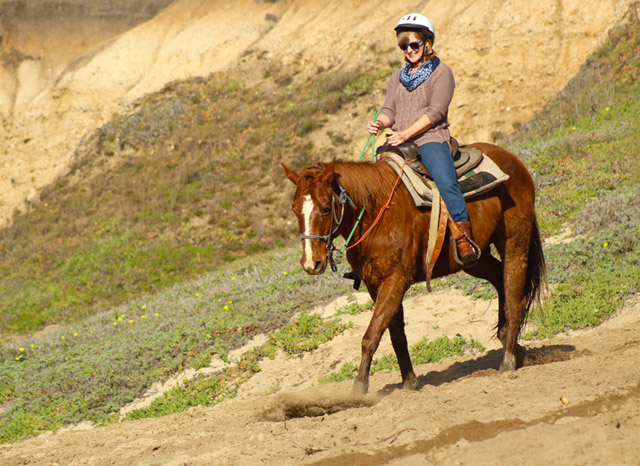
Stai cercando un nuovo modo per perfezzionare le tue capacità di ascolto italiano? Prova “Parole in Corso” di Stefano Massini. Lui realizza brevi segmenti video e spiega le origini di una frase italiana.
Are you looking for a new way to practice your Italian listening skills? Try out Stefano Massini’s “Parole in Corso.” He creates short little video segments and explains the origins of an Italian phrase.

Ogni giorno una parola da scomporre e ricomporre: “Parole in corso” è la nuova rubrica dello scrittore Stefano Massini, dal lunedì al venerdi su Repubblica.it
Every day a word is broken down and reassembled: “Parola in corso” is the new column of the writer Stefano Massini, from Monday to Friday on Repubblica.it.
Ad esempio Massini scompone la parola Quarantena, la frase “Usare il bastone e la carota.” Ci racconta anche come la pianta fiorita “Bouganville” abbia preso il nome e le origini dell’espressione: “La speranza è l’ultima a morire.”
For example Massini breaks down the word Quarantine, the phrase “To use the stick and the carot.” He also tells us how the flowering plant “Bouganville” got its name and the origins of the expression: “Hope is the last to die.”

Perché si dice “la carota e il bastone”
Spoiler alert: Usare il bastone e la carota significa alternare le maniere buone a quelle cattive allo scopo di ottenere un determinato risultato (come si fa per vincere la cocciutaggine degli asini che vengono prima allettati con le carote e poi presi a bastonate se le prime non raggiungono il loro scopo
The phrase “carrot and stick” is a metaphor for the use of a combination of reward and punishment to induce a desired behavior. (how to overcome the stubbornness of donkeys who are first enticed with carrots and then beaten if the former to not achieve their purpose)
La grande fama dell’espressione è nata in epoca fascista grazie a una serie di articoli di Benito Mussolini intitolati “Il tempo del bastone e della carota” pubblicati sul Corriere della Sera nel 1944. Con questi articoli, il duce rispondeva e respingeva la frase detto da Winston Churchill durante I discorsi tenuti alla Camera dei Comuni nel 1938, in cui chcurchill coniò la frase “il bastone e la carota” (“Quindi, da ogni dispositivo dal bastone al carota, l’asino austriaco emaciato è fatto per tirarela carriola nazista su una collina sempre più ripida.”)
The great fame of the expression was born from the Fascist era thanks to a series of articles by Benito Mussolini entitled “The time of the carrot and stick” published in the Corriere della Sera in 1944. With these articles, the Duce replied and rejected the phrase Winston Churchill coined during speeches given in the House of commons in 1938, in which Churchill coined the phrase “the stick and the carrot” (“Thus, by every device from the stick to the carrot, the emaciated Austrian donkey is made to pull the Nazi barrow up an ever-steepening hill.”)
Buon ascolto! Happy listening.
Significato di Quarantena

La romantica storia della Bouganville












Grazie Melissa
Ciao Barbara! Il piacere è il mio!
I always appreciate your great zeal for helping to learning italian in many different ways. Also this Stefano Massimi ..!
Thank you for your openness and generosity to make others learn not only the language but also the culture of Italy 🇮🇹
Ciao Teresa! Grazie! You made my day! Thanks so much for commenting and following the Matta Blog!